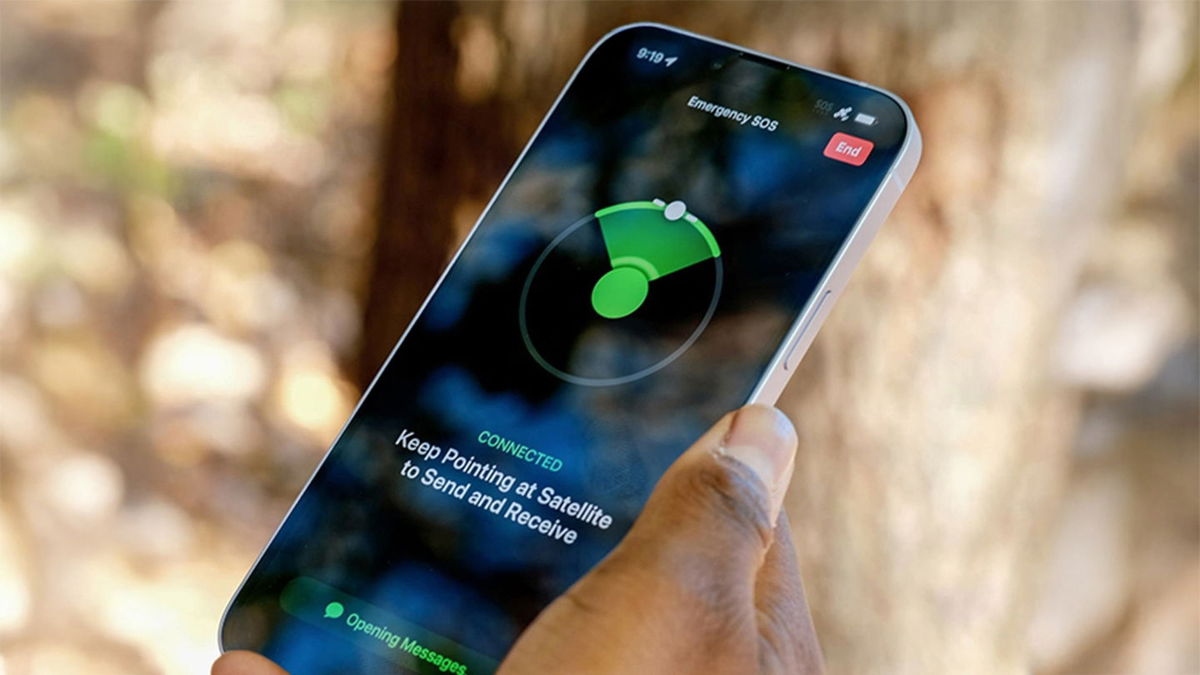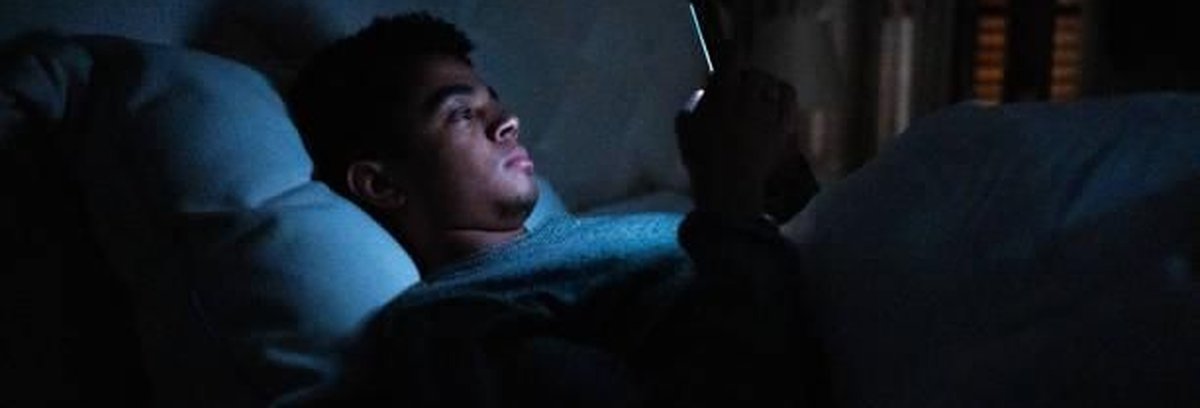There is no doubt that smartphones and tablets have come to facilitate various actions and even our work. However, they also brought some difficulties and problems. among them virtual addiction.
It is not new to talk about people who are addicted to using these technologies and often lose the concept of time and sleep in the process. Therefore, below we will mention 9 tips to help fight virtual addiction. Check this out!
1. Set daily usage limits
Setting clear limits on the time spent on digital devices is crucial in combating virtual addiction. Use tools like screen time reports on your smartphone to monitor usage and stay within limits.
Based on these data, Set gradual reduction goals and create a routine that encourages disconnection at certain times of the day.for example, during meals or before bed.
Defining common rules for families can encourage all members to reduce the time they spend online. In this way, it is also possible to promote a healthier and more balanced environment.
2. Follow digital detox regularly
Setting aside specific periods for digital detox is a welcome practice. During this period, Disconnect from devices completely and focus on activities that encourage relaxation or learning.
Try spending a few hours on the weekends doing manual activities like painting, gardening or cooking. It encourages creativity and helps relieve stress accumulated in front of the screen.
In addition to providing mental rest, these offline moments create space for reflection and more time to perform other activities that do not involve technology.
3. Replace screens with physical activities
doing physical exercises It is one of the most effective ways to reduce excessive technology use. In addition to improving physical health, activities such as yoga, swimming or cycling also help release endorphins, which combat stress and improve well-being.
Also consider integrating activities that involve other people, such as team sports. In addition to expanding your social interactions and strengthening your connections outside of the digital environment, you also create a cycle that prevents compulsive use of screens throughout the day.
4. Strengthen in-person social interactions
Virtual addiction can undermine the face-to-face relationships necessary for emotional health. With this in mind, suggest group activities such as dinner with friends, a family afternoon, or a family dinner. Walks in places where device use is unnecessarysuch as parks or museums.
Besides, Create areas away from technology, such as the dining table or bedroom, It encourages more meaningful conversations and improves the quality of shared time.
5. Identify the factors that trigger addiction

Overuse of technology is often a response to unresolved emotional needs. Feelings of boredom, anxiety or loneliness become addicted to the constant use of applications, social networks or games. For this reason, Identifying these triggers is the first step to dealing with them in a healthy way.
Instead of turning to screens, try other ways to fill those gaps, like learning a new skill, meditating, or seeking support from conversations with friends or family.
6. Create a structured routine
Virtual addiction often results from a lack of time organization. Thinking about this One way to combat the problem is to establish a clear and well-structured routine.
Build specific times into your schedule for work, study, entertainment and relaxation, and avoid multitasking that requires constant device use. It’s also a good idea to regularly schedule technology-free breaks for activities like a short walk or offline reading time.
7. Disable unnecessary notifications
To believe: constant notifications are the big bads of concentration and balance in technology use. The sound or vibration of an alert may cause an immediate need to check the device, even if it is not urgent.
To help with this, follow these steps:
- Configure your apps to only send notifications for important messages or important appointments;
- Mute message groups;
- Turn off social media alerts to reduce interruptions.
8. Get professional help if necessary

In more serious cases where virtual addiction harms routine, health or relationships, Seeking professional help is an important decision.
Psychologists and therapists who specialize in addiction can recommend specific strategies for dealing with the problem. Additionally, therapy can help identify emotional issues that contribute to overuse of technology, helping to achieve more complete and effective treatment.
9. Use technology consciously
It is always worth remembering that the conscious use of technology is the key to balancing digital life with other important areas. For example, before opening an app or accessing a website, ask yourself what your real needs are at that moment.
It is good practice to define clear goals for each usage session.such as answering emails or searching for specific information, avoiding distractions.
Turning technology into an ally rather than a source of addiction is essential for a healthy and increasingly conscious digital life.
So, did you like the content? Repost on your social networks and tell your followers and friends. Until next time!
Source: Tec Mundo
I am a passionate and hardworking journalist with an eye for detail. I specialize in the field of news reporting, and have been writing for Gadget Onus, a renowned online news site, since 2019. As the author of their Hot News section, I’m proud to be at the forefront of today’s headlines and current affairs.










